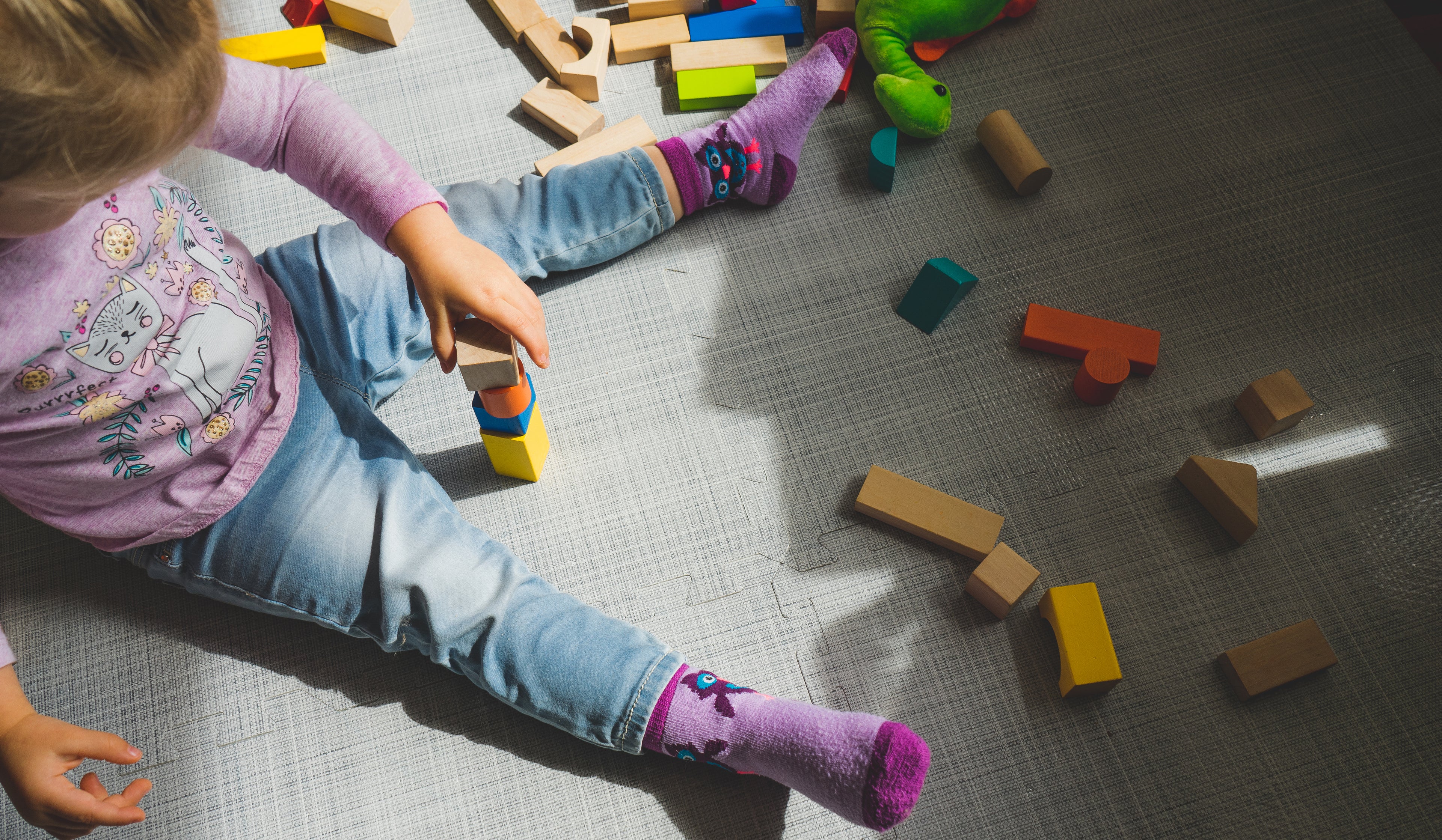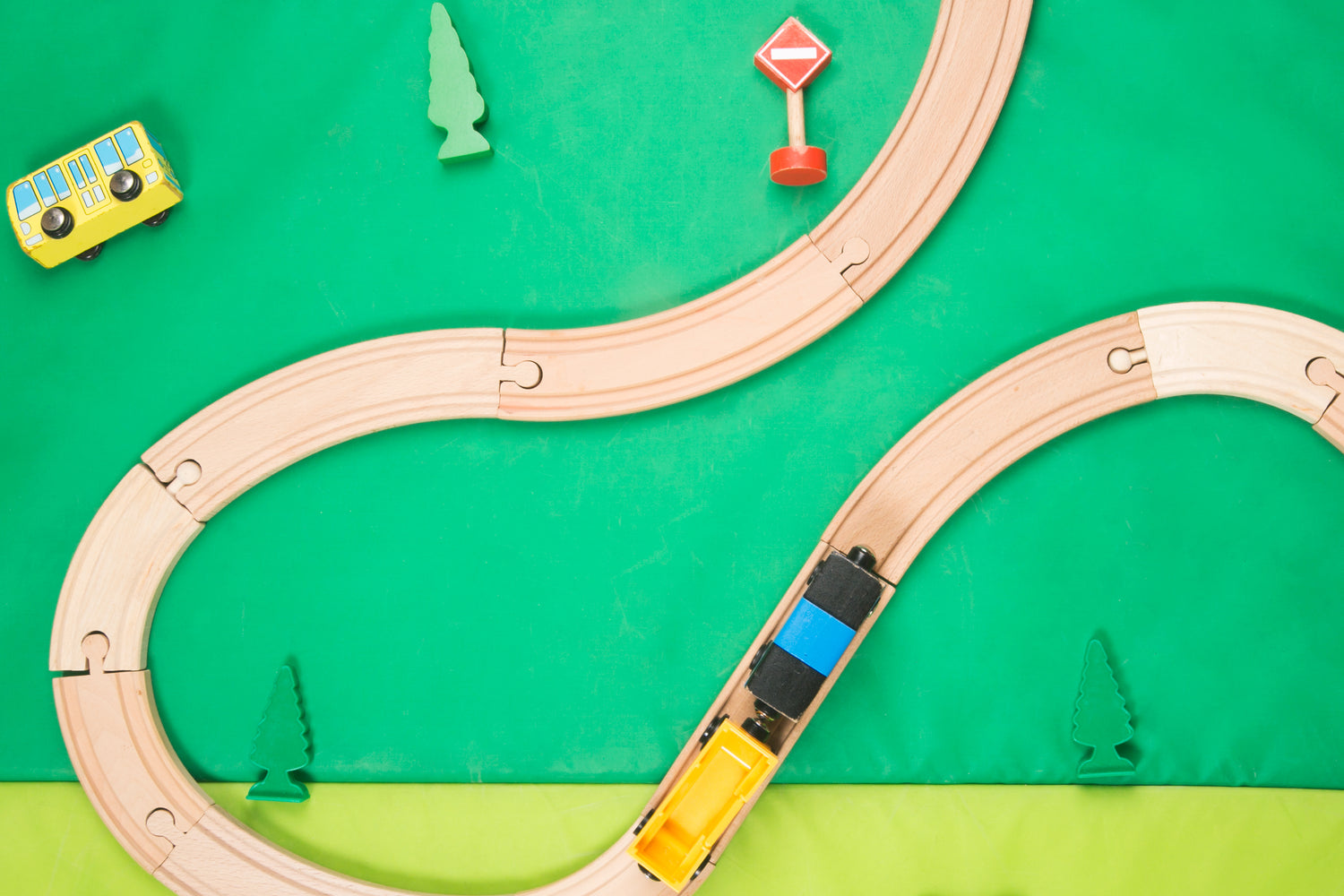Play, Learn, Thrive: Developmental Toys for All Children

Featured products
Empowering Growth Through Play
Toys play a vital role in a child’s development, serving not only as a source of fun but also as powerful tools that support cognitive, emotional, social, and physical growth.
-
116-Piece Social Emotional Learning Activities Set for Kids – Includes 6 Feelings Board Games, Sensory Tools & Educational Materials for Speech Therapy, Autism Support, and Toddlers Ages 3+
Vendor:BrandedRegular price $39.95 USDRegular priceUnit price / per$0.00 USDSale price $39.95 USD -
120-Level Hidden Block Puzzle – Designed for children aged 3 and up, this engaging puzzle enhances logic and spatial reasoning.
Vendor:BrandedRegular price $17.95 USDRegular priceUnit price / per$0.00 USDSale price $17.95 USD -
2-in-1 Double-Sided Magnetic Alphabet Tracing Board – Uppercase & Lowercase ABC Learning Toy for Toddlers and Preschoolers
Vendor:BrandedRegular price $33.95 USDRegular priceUnit price / per$0.00 USDSale price $33.95 USD

Expertly curated, affordably priced to fit your every need.

Importance of Toys in ChildDevelopment
-

How Toys Help Children with Autism
Sensory and developmental toys are vital tools for children on the autism spectrum, aiding in sensory integration, communication, emotional regulation, and motor skill development. These toys provide controlled sensory input, helping children manage stimuli and reduce anxiety. For instance, textured balls, fidget spinners, and weighted blankets can offer calming effects. Cause-and-effect toys, like pop-up toys or musical instruments, assist in understanding action-outcome relationships, enhancing cognitive skills. Visual aids, such as picture cards or visual schedules, support communication for nonverbal children or those with limited speech. Pretend play toys enable children to practice social interactions and understand emotions in a structured environment. Incorporating these toys into daily routines fosters a supportive space for children with autism to explore, learn, and thrive.
-

ColumnHow Toys Support Children with ADHD
Toys can be valuable tools for children with ADHD, helping them channel energy, improve focus, and develop self-regulation skills. Movement-based toys like trampolines and balance boards provide physical outlets that support attention and emotional regulation. Fidget toys offer sensory input that can reduce restlessness and enhance concentration during tasks. Additionally, structured games and pretend play can aid in developing patience, impulse control, and social skills. Incorporating these toys into daily routines fosters a supportive environment for children with ADHD to thrive.
-

Benefits for Children with LearningDisabilities
Educational toys offer children with learning disabilities a hands-on, engaging approach to reinforce academic concepts. Tools like letter blocks and counting beads provide tactile experiences that make abstract ideas more accessible. Interactive toys also support language development and motor planning, while the playful nature of these activities reduces the pressure of formal learning, boosting confidence and motivation.









